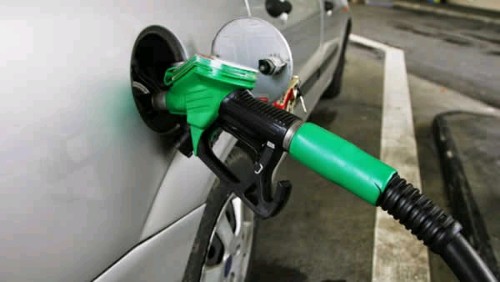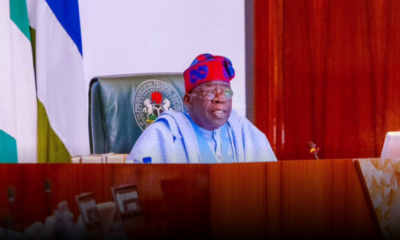BIG STORY
NESG, Marketers Fear Crisis As Fuel Subsidy Gulps N2.04tn
-

 BIG STORY3 days ago
BIG STORY3 days agoAfter Spending Over 14 Yrs In Prison, Governor Adeleke To Pardon Man Sentenced To Death For ‘Stealing Chicken’
-

 BIG STORY5 days ago
BIG STORY5 days agoUPDATE: 148 Chinese, 40 Filipinos, Other Nationalities Amongst 792 Cryptocurrency Fraudsters Arrested In Lagos [PHOTOS]
-

 BIG STORY3 days ago
BIG STORY3 days agoWoman Seen In Video Slapping, Dragging FRSC Officer Remanded In Kirikiri Maximum Prison [PHOTO]
-

 BIG STORY5 days ago
BIG STORY5 days agoBREAKING: EFCC Conducts ‘Biggest Arrest In A Day’, Nabs ‘792 Crypto-Fraudsters’ In Lagos
-

 BIG STORY19 hours ago
BIG STORY19 hours agoBREAKING: Court Grants Dele Farotimi N30m Bail In Defamation Case
-

 BIG STORY4 days ago
BIG STORY4 days agoFour Years Ago I Failed In Front Of The World, Fast Forward, I’m The Best Player In Africa — Ademola Lookman
-

 BIG STORY2 days ago
BIG STORY2 days agoJUST IN: Ooni’s Ex-Wife Naomi, 7 Others Arrested Over Children’s Funfair Stampede In Ibadan
-

 BIG STORY3 days ago
BIG STORY3 days agoPresident Tinubu Presents 2025 Budget, Prioritizes Food Security, Education, Infrastructural Development [SEE FULL TEXT]























